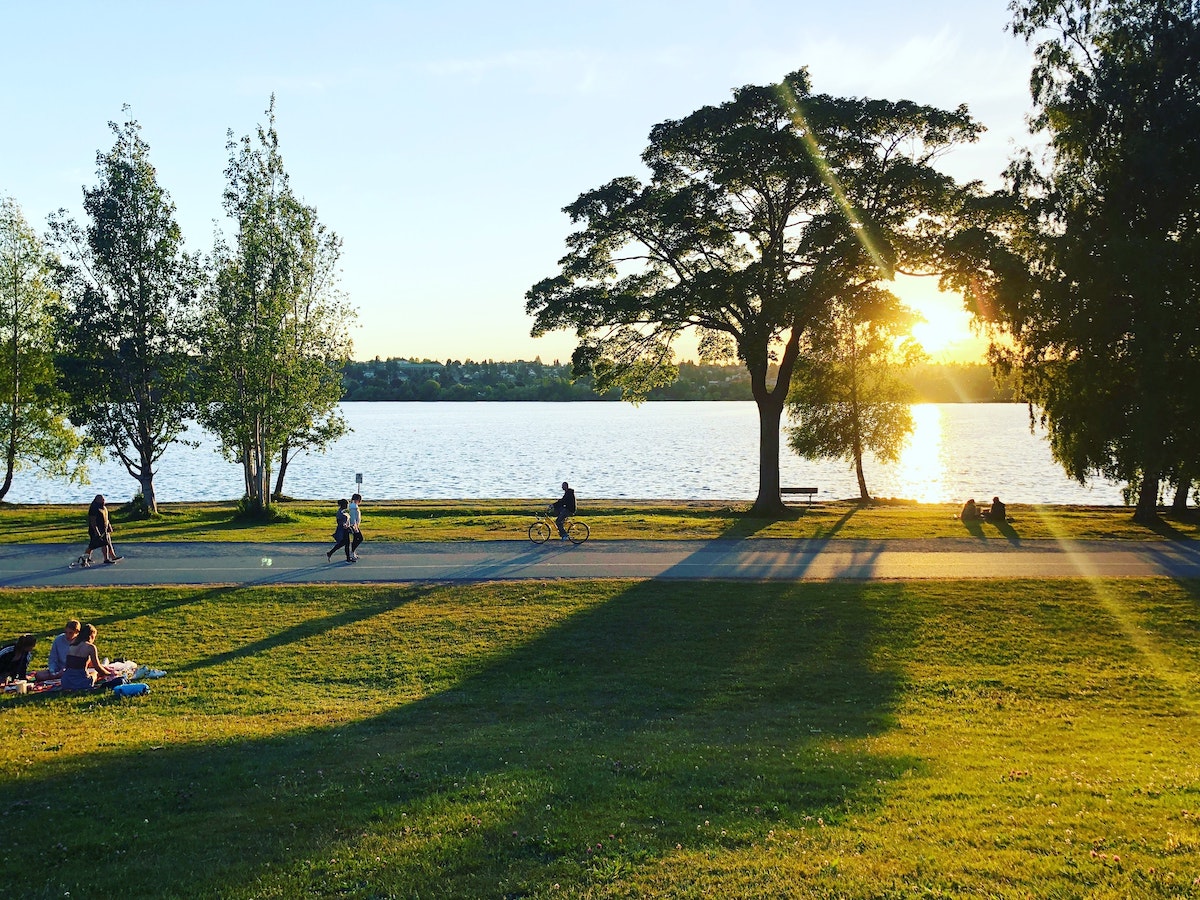
The pandemic is really messing with our heads. For some of us time seems to be creeping more slowly than ever before and for others it’s as if someone has pressed the fast forward button on life. The fog of quarantine jumbles the days and throws a wrench in our ability to make decisions—from the simplest (where to get takeout) to the most life-altering (whether to renew the lease).
I’ve noticed a pattern of people leaving their cities since the start of the pandemic. Those who have the means to do so are leaving temporarily for various reasons—safety, sanity, space for the kids, support from family. And there are more and more families leaving permanently, trading subway lines for driveways, public parks for private lawns, cityscapes for wider skies.
There’s nothing objectively wrong with leaving the city. I’m biased toward staying, of course (the parks! The cityscape! The subways!), but fully understand the nuances of each family’s choices, privileges, priorities, and wishes. The city isn’t for everyone, but before you leave it in the middle of a pandemic, can I say a few things?
Coronavirus isn’t forever
I know it feels like we’ve been quarantined forever. We can’t even keep track of the days. School, vacations, weddings, and events have all been cancelled and in many ways it feels as if the future has evaporated and we’re stuck in the present.
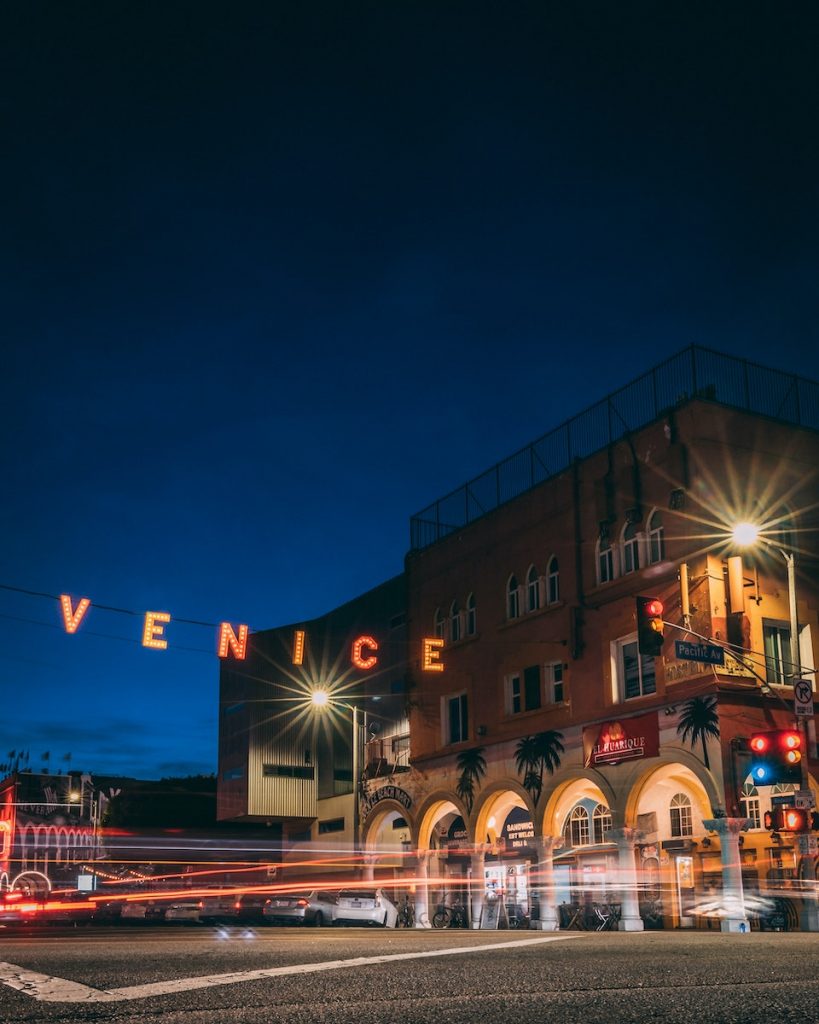
But remember, these doldrums aren’t eternal. Yes, a vaccine is still months away. Yes, there’s talk of next school year beginning with remote learning too. Yes, it will be a while before we feel comfortable buying concert tickets and shaking hands again. But fast-forward a few years and the public health crisis will have passed. In its wake will be deep personal loss for many, more deeply fractured class structures, and visible inequities needing clear, focused attention. But in our cities, we’ll come together again and build each other up.
I’m as weary as the rest of you of hearing comparisons of this coronavirus pandemic to the 1918 influenza pandemic, but there’s one glimmer of hope: the 1918 pandemic ended. It lasted far longer than anyone wished or expected and caused immeasurable grief and loss of all kinds, but it ended. This one will too, and our cities will shine again. I want to be here for it, don’t you?
Density isn’t the problem
I shook my head in disbelief when I began to see the opinion pieces roll in about urban density being the problem in the spread of coronavirus. America’s age-old notion that cities are bad was cropping up again as authors wrote about cities facing an exodus after the virus, “emptying out,” and becoming frightening places to live from an epidemiological perspective.
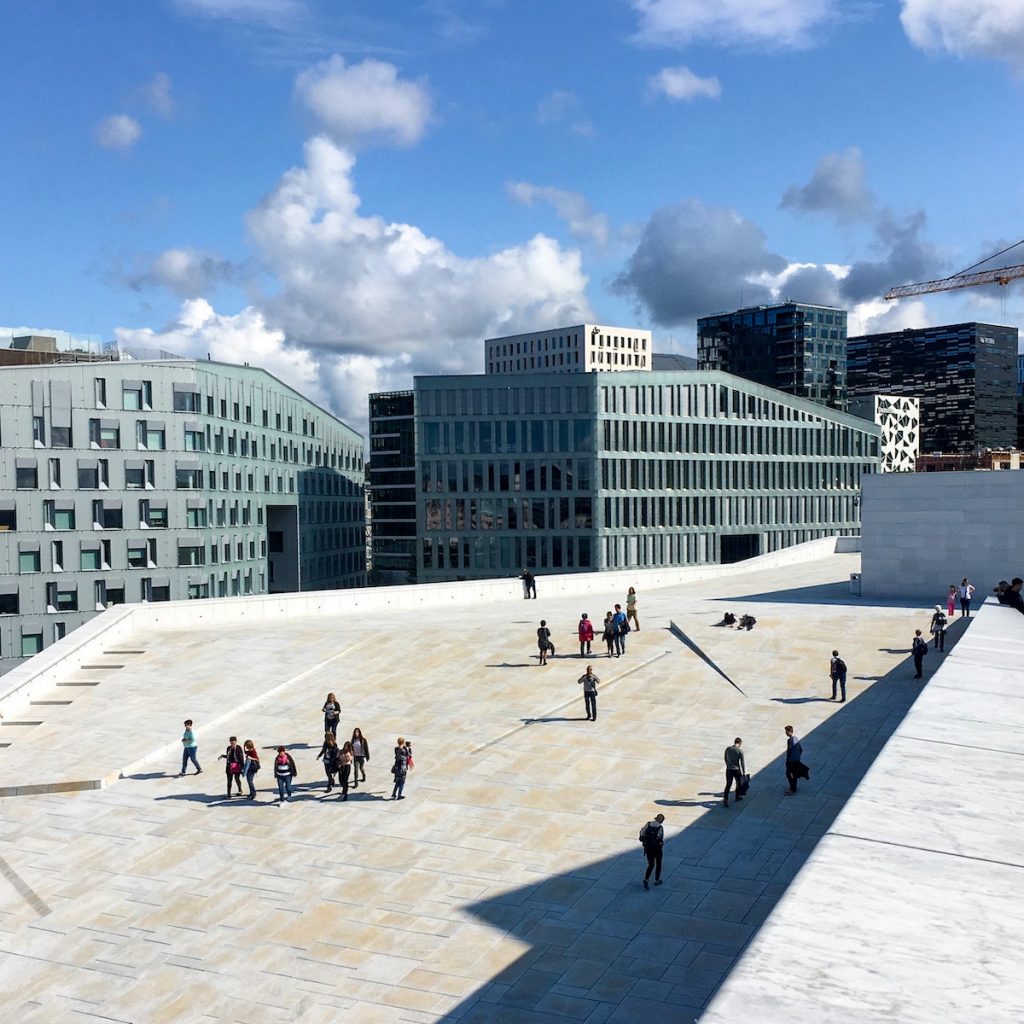
Studies are now showing that crowding, not density (there’s a difference), is a factor in the spread of COVID-19, but slow response times have had a far greater impact on transmission. Brent Toderian of Streetsblog NYC says it this way: “density is generally used as a measure of how many people live and work on how much land[…] crowding is literally how close everyone is to each other at a given time and place.” Many of the areas with the highest infection rates are neither dense nor crowded. Don’t let unfounded fears of cities being “too dense” push you away from the city. The answer, writes Alex Bozikovic of The Globe & Mail, “isn’t to leave cities behind. It’s to ensure that they work well – and have room for everyone.”
Density is the great strength of cities. From it come our best innovations and discoveries, world-class health and transportation systems, and more opportunities for people of all statuses, not to mention fantastic parks, public art, award-winning restaurants, and public spaces. To lose it would be to lose the soul of our cities.
Decisions made while stressed are unreliable
The sleep on it advice seems as old as time. The premise is simple—don’t make decisions in the height of an emotional response or without taking ample time for careful consideration. Psychologists studying the effects of stress on decision making have found that the more stress involved in the decision, the less able we are to make sound choices. We tend to focus more on the positive outcomes of a given decision and avoid considering the negative outcomes.
To put it in relevant terms: it’s not best to make life-altering decisions in the middle of the worst moment in history you’ve ever experienced. Like a pandemic. If you’re stressed out and considering fleeing the city for good, bear in mind that your brain will be collecting good things about that idea and subconsciously forgetting all the negatives (like the parks and museums you’ll miss and the quirks of your neighborhood that feel like home). It’s a skewed decision, so use caution.
Everything is skewed
Our decision-making process isn’t the only thing that’s skewed. Everything is wonky! It’s unsettling to have so many public spaces closed to the public and to feel homesickness for the city we are currently living in. Simple decisions like when to grab groceries are now complicated affairs and the future seems so out of reach. Sometimes it’s hard to image “reopening” and “life on the other side” and we wonder if pre-coronavirus life was just a dream. Have we woken up to our new reality? Will I add Dinner with Gonzales family! or Yoga class or Concert + picnic at the park to the calendar again?
Eventually, yes. So much of life is off-kilter, but not forever. Repeat it: this is not forever.
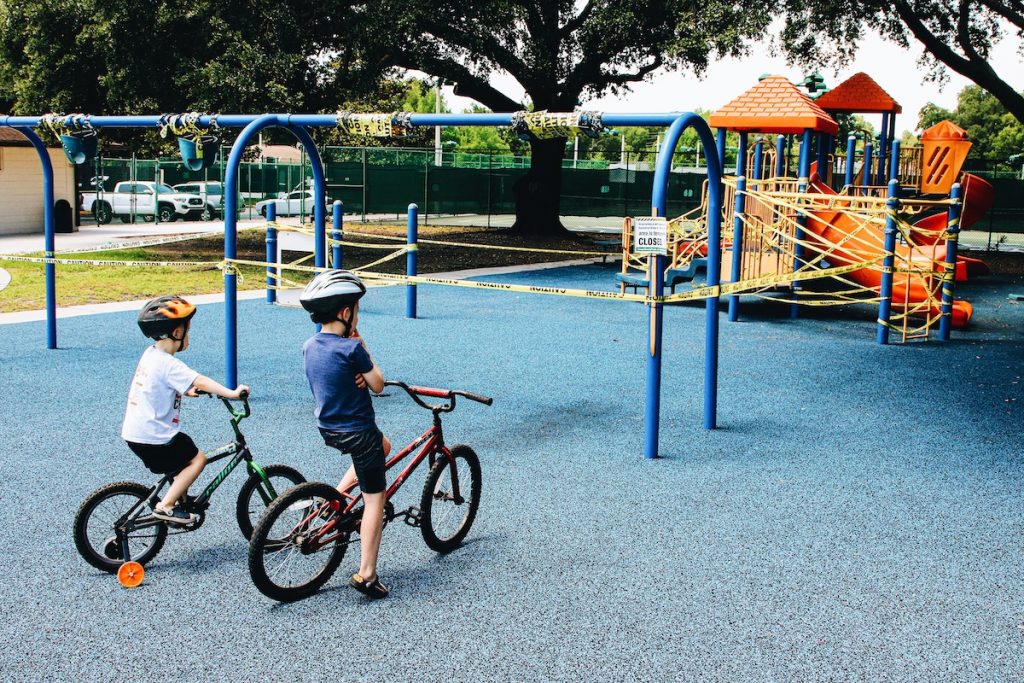
Using temporary circumstances to drive a decision to permanently leave the city may leave you with a lot of regrets.
Disclaimer: Leaving isn’t wrong
Moving out of the city is a good choice for many families, many times. I have no judgement or even raised eyebrows for anyone who choses to do so; the place we call home is a deeply personal decision. Urban life isn’t the top choice for families in America (58% of families in a 2017 survey consider their neighborhood to be suburban and 21% say rural) and let’s face it, city life is not always easy and some families are forced to leave for reasons outside of their control. It’s hard to thrive in the city when museums, playgrounds, restaurants, cafes, parks, pedestrian paths, beaches, and all the other places we rely on for raising our kids are closed. From a public health perspective, we understand the need for such closures. But using these temporary circumstances to drive a decision to permanently leave the city may leave you with a lot of regrets.
Look, the point of The Sidewalk Club is to tell you to stay in the city and help you thrive here. We never thought we’d be pushing this message through a pandemic, but we still believe it! Cities are fantastic places to raise a family and when we kick coronavirus’ butt with a vaccine, it’s exactly the place we’ll want to be. See you at the block party.
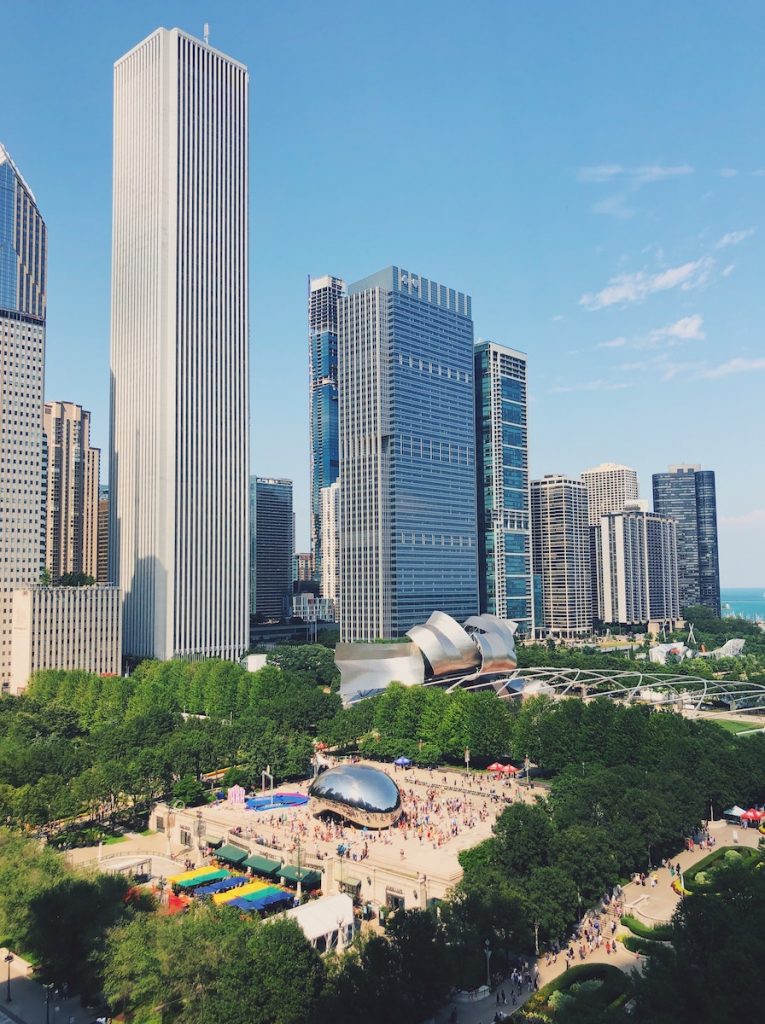
*Some of you may have lost loved ones and livelihoods and for you, Covid-19 has brought a permanent loss. It may never feel over for you, even when the disease has passed into history. We’re truly sorry and hope you will reach out if you need help.
